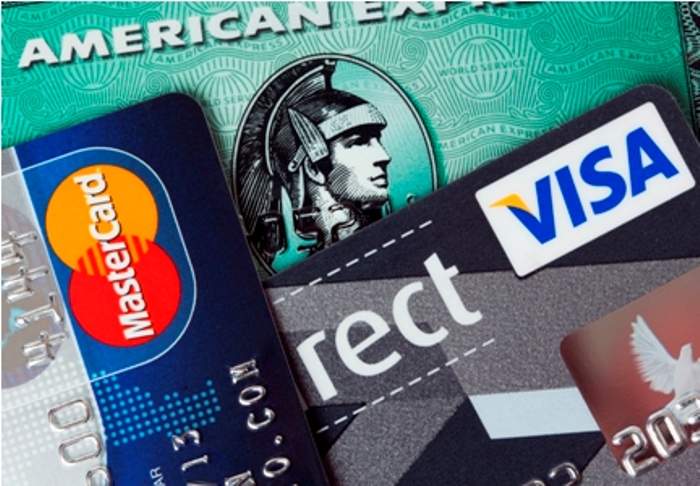You are not alone…you wake up one morning and your credit cards are maxed out, or close to being maxed out and you wonder how it happened. More people find themselves juggling credit card debt and become overwhelmed because they are not sure how to manage it or pay it off. So, how should you begin to deal with paying off credit card debt?
First, you need to get REAL. Be honest with yourself about how you got to the point of drowning in debt. Was it the pair of shoes you had to have? Too many dinners out with friends? Whatever the reason, you will have to be determined to get the debt under control. Here are a few life preserver ideas to keep you from drowning.
- Pay off the card with the highest interest rates first. The higher a debt’s interest rate the more it costs you in interest per dollar of debt. You’re wasting money that you could be saving.
- Pay more than the minimum payment. The problem with only paying the minimum payments is that the payments go mostly toward the interest and don’t reduce your actual card balance. Banks hope that you will only make the minimum payments because the longer you take to pay off the debt the more interest they make.
- Re-negotiate the terms with your existing creditors. Ask them for a lower interest rate. This will be challenging if you have been late on payments in the past. If they are unwilling to lower the interest rate, ask them for a new lower repayment schedule.
- Move high interest balances to lower interest cards if there is room. If your cards are maxed out pay the minimum on all of your cards except the one with the lowest interest rate. Pay this card off faster and transfer the other cards debt to that card. Check promotional offers with lower interest rates to transfer balances to. Make sure to examine offers which are enticing and stick to your plan of paying off your debt.
- Use your savings. Not the best sounding option but the reality is that a savings account is not earning enough to make up for the 12%-35% interest rate you are paying on credit cards. Make sure to keep some funds in the account for emergencies.
- Do NOT borrow from your 401K account. The drawbacks outweigh the positives. The interest and penalties make this an unattractive way to pay off debt.
- If you own a home consider a home equity loan, but don’t make the mistake of paying off credit card debt and keeping the accounts open. Close all but one card and only use that card when you have the money to pay it off when the monthly statement arrives.
- Depending on how large the debt, consider borrowing the money from family and friends. Make sure to put in writing how you plan to repay the loan.
If you find that your options are limited and you are unable to utilize the above life preserver methods, then as a last resort file bankruptcy. This should be an absolute last resort. There are two types of bankruptcy: Chapter 7 and Chapter 13. Make sure to educate yourself before deciding which one is best for you.
Remember that you have to be determined to not only pay off credit card debt but also to stay out of credit card debt.


